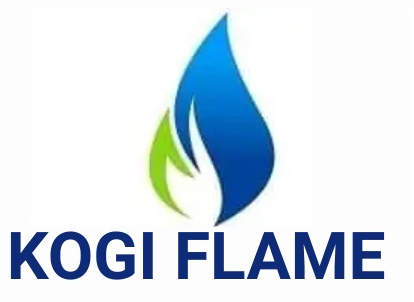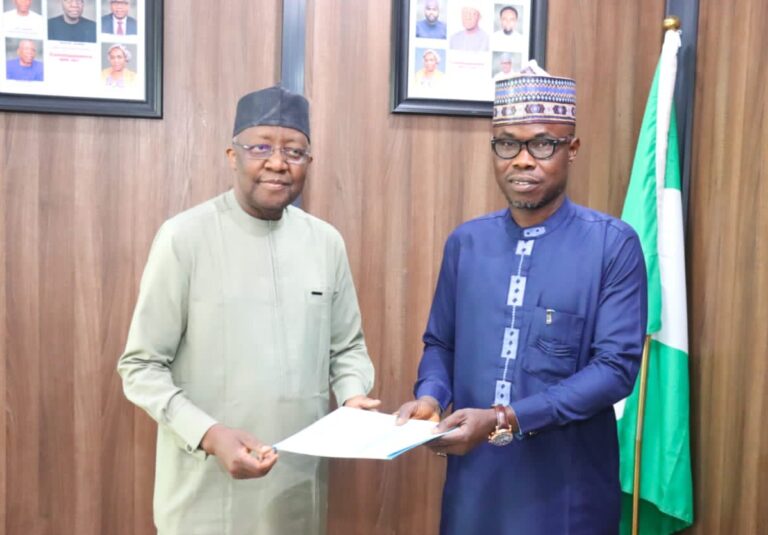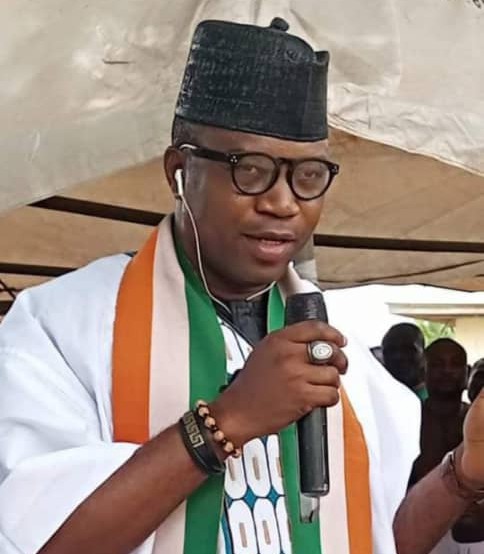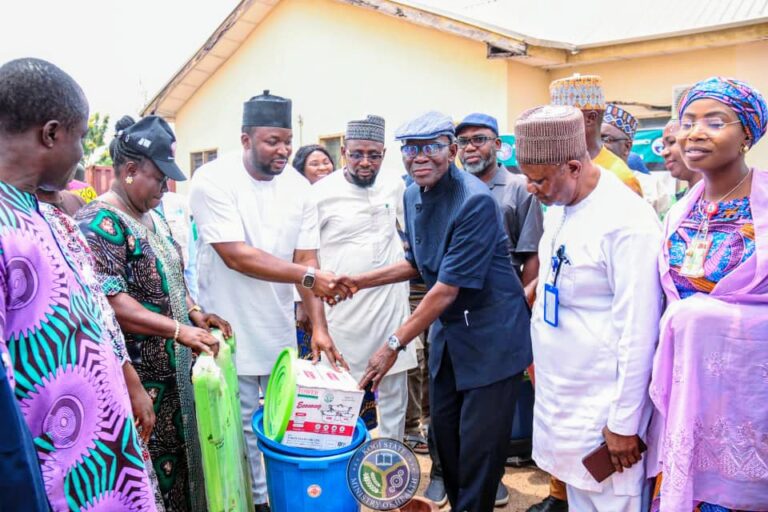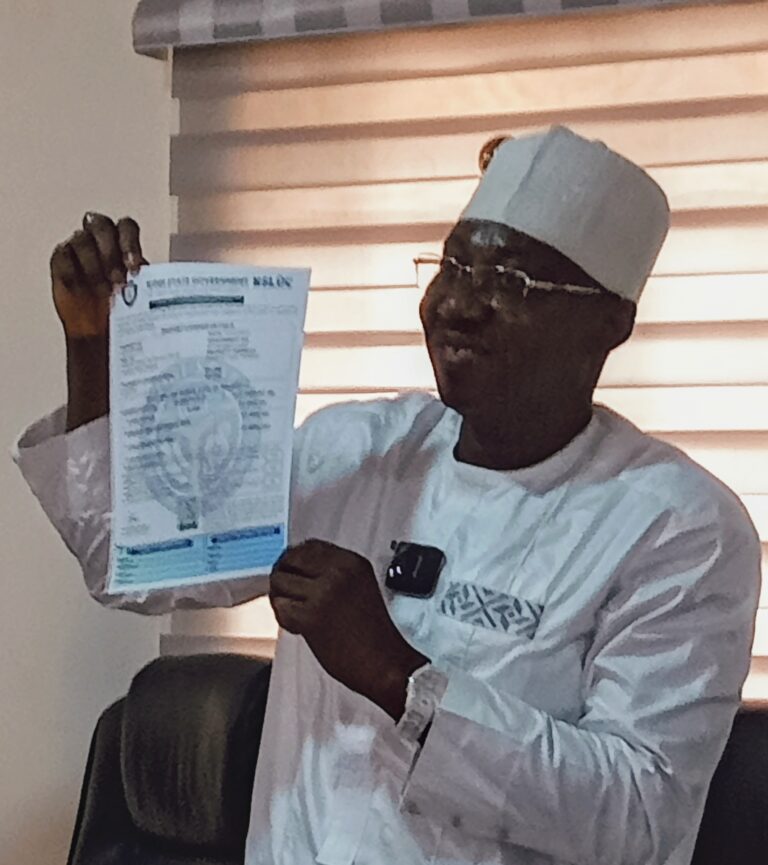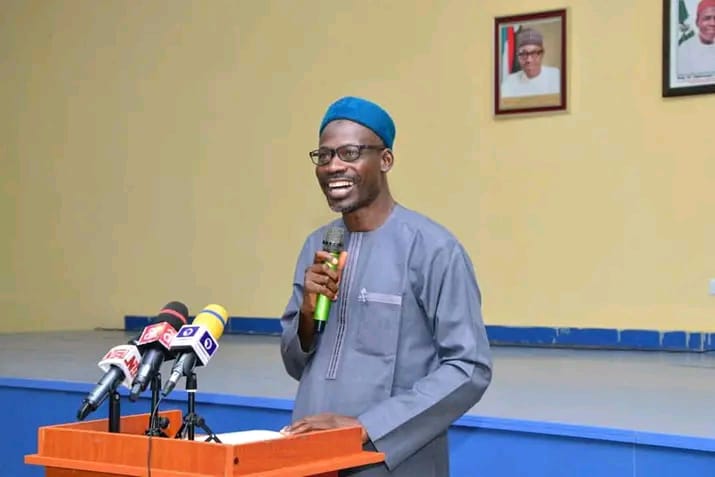
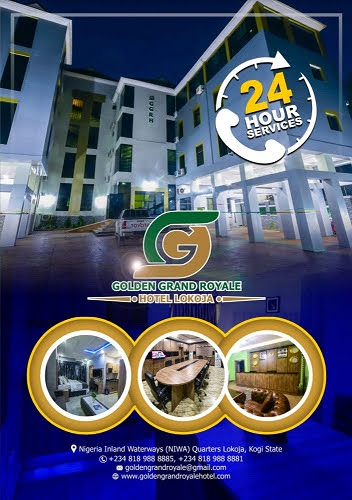
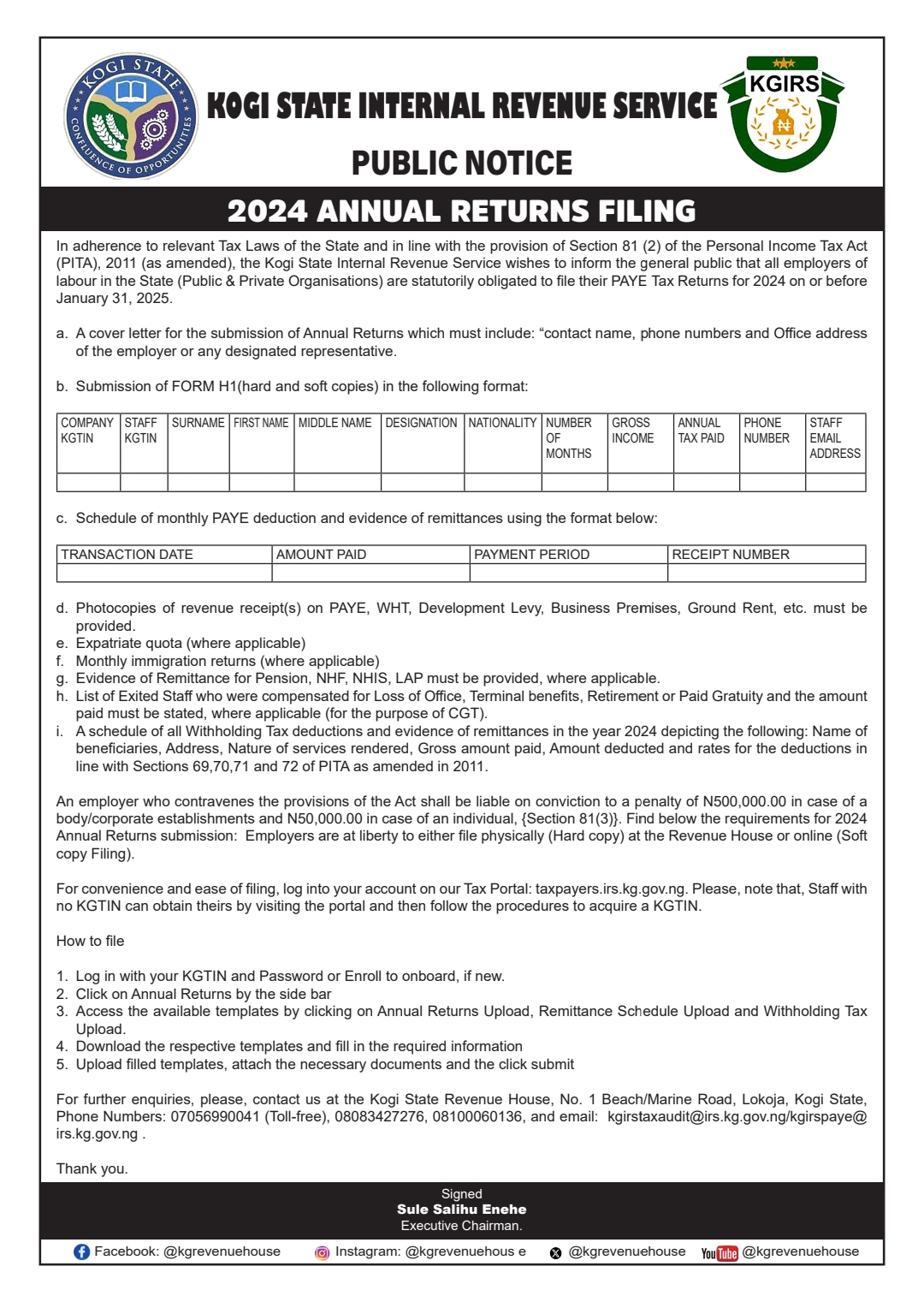
Kogiflame.
Economic development, social development and environmental protection form the three pillars of sustainable development.
Politicians, academics and leaders in business and science are challenged to use this framework to create lasting, economically effective and healthy society in a country like ours with finite resources.
This forms the basis of the remarks by the director general of the National space research and development agency (NASRDA) Dr Halilu Ahmad Shaba at the NASRDA day of the yearly organised expo by the Federal ministry of science, technology and innovation.
Earth observation from space is a cost effective way of obtaining unbiased and essential data on the physical world. Decision makers uses this information to understand trends, evaluate needs and create sustainable development policies and program in the best interest of the population and the country in general.
Despite the growing global economy and the technological progress observe in the past decades, there are still many societal challenges that needs to be overcome to enhance National development in order to address this challenges.
NASRDA has developed the agenda for our national sustainable development in order to address this challenges in the form of 17 sustainable development goals (SDG) with many associated specific Targets.
The importance of the role of Earth observation and geolocation in supporting the achievement of the development is recognised by the United Nations. However, the potential of space in supporting the SDGS is much wider .
Space in based services and technologics are key in understanding climates change and during the full disaster management circle, only two examples among countless applications to which space can contribute to national development that were highlighted and showcased by the agency at the EXPO. At the EXPO the director general of NASRDA, Dr Halilu Ahmad Shaba who gave a very eloquent and masterful lecture revealing actions the agency has taken and is implementing to economic development, advance national security and sustainability and make space a nationally accessible domain.
The world is in space Renaissance. Expanding activity in space is beginning to outpace governance, technological progress is increasing accessibility, commercial funding is at an all-time high and more inactions and companies are clamouring to be part of the activity.
Already space plays a role in advancing national and global sustainable and security priorities, but the potentials are even greater. The future is in the balance, and all stakeholders have the capability to contribute to a more successful sector.
Advancement in space technology over the past decades have opened access to more players, unlocked new use cases and positioned space global priorities. Throughout, national and across sector collaborators has occurred in several areas.
However, the accelerating growth of the space sector and complex global Dynamics pose a longevity of governance frameworks and thus, industrial progress in the ecosystems. To fully recognize the benefits of space, our country will likely need to quickly consider how to intentionally maintain space as an arena of collaborators.
The lecture by Dr Halilu Ahmad Shaba the director general identifies five actions that is being taken to put the industry in which the full benefits of the space economy will be realized in Nigeria and each actions that is being put into practice in the country by NASRDA and why these are keys to unlocking the potentials of the future space economy in Nigeria. The future of space is in human kinds hands .
By taking the right actions today, there may be lasting benefits from a peaceful and vibrant space sector that creates economic value and also enhance the sustainability, security and accountability of actors on Earth.
Musa Wada
Abuja
